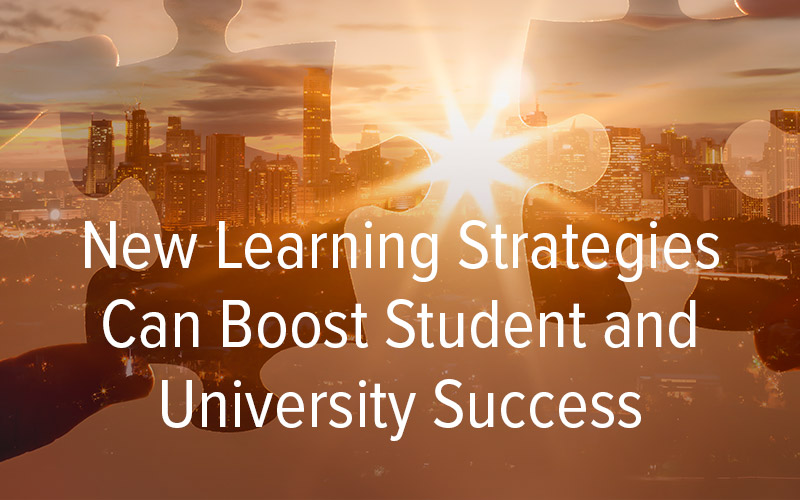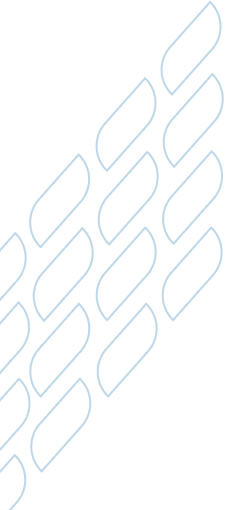
Ineffective learning strategies continue to plague universities across the nation. For students to perform at their highest level and for universities to succeed, these misconceptions about learning techniques and study habits must be eradicated.
Passive Learning
University students rely on outdated learning strategies, such as re-reading and highlighting, which “lead to the illusion of mastery rather than mastery itself,” according to Roddy Roediger, PhD in the book Make It Stick. Students continue to cram before exams, pulling all-nighters, hoping to master the content. While practiced widely with some success, these learning techniques fail to ensure long-term acquisition of knowledge. While students may retain the information for the short term, the material has not truly been mastered.
Struggling & Quizzing
Learning is an acquired skill, and according Roediger, the most effective strategies are often counterintuitive. New studies show learning by struggling and self-quizzing allow information to be retained longer. Students learn better when they “go wide,” drawing on all of their aptitudes and resourcefulness.
Self-quizzing is one of the most effective ways to retain information. It takes more effort than highlighting, which is exactly why it makes learning stick. This is especially effective when done before tackling a subject as it primes the mind for learning.
Spacing Effect
Rather than cramming as much knowledge as possible into a short period of time, studies by Nate Kornell and Rober Bjork, show that spacing material and revisiting it after a delay leads to long-term retention. Known as the “spacing effect,” this learning strategy requires students to “reach back” to retrieve the information. When retrieval is repeated, the mind becomes quicker at retrieving.
The amount of time that should elapse before revisiting material, depends on the type of material. Names and faces need to be revisited sooner, within minutes, of the first encounter since these associations are quickly forgotten. Then, perhaps a day or a week later, and then again, a month later.
Flash cards or highlighted notes, can be revisited after a longer timeframe once mastered. They can be revisited weekly, then perhaps monthly.
Content Mastery
Mastering any material means that it can be recalled. This statement seems obvious, but it requires conscious discipline.
Universities that recognize misinformation around learning strategies and encourage these new study techniques will see student performance and retention increase. These universities will benefit as they develop a reputation of graduating students who have truly mastered a subject. They will see an increase in student retention, performance, and alumni success making them more prestigious, and ultimately resulting in more applicants and donors.







